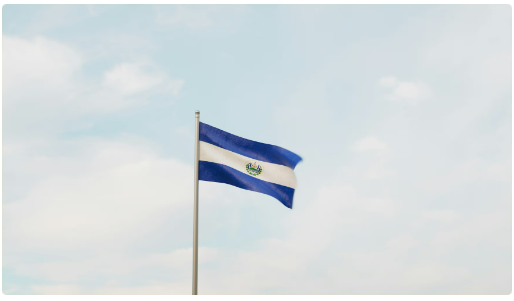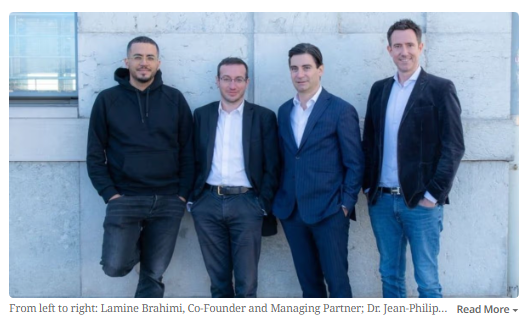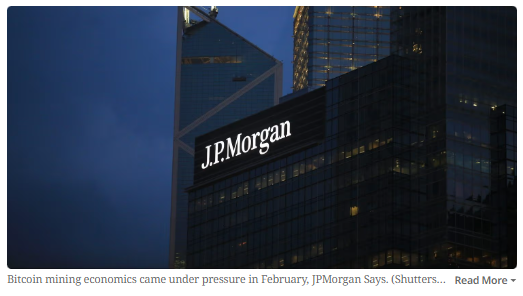The IMF said bitcoin usage remains marginal in El Salvador, with minimal circulation as a payment method due to its high price volatility and low public trust.

What to know:
The International Monetary Fund (IMF) has approved a 40-month, $1.4 billion Extended Fund Facility (EFF) arrangement for El Salvador, which seeks to limit the country's bitcoin plans.
El Salvador, which held over 6,081 BTC valued at approximately $600 million, is prohibited from voluntary bitcoin accumulation by the public sector during the program.
The EFF arrangement aims for a 3.5% GDP primary balance improvement over three years, with growth projected at 2.5–3% medium-term, and debt expected to decline to 81% of GDP by 2029.
El Salvador’s bitcoin dreams will now exist in a “confined” manner as part of an Extended Fund Facility (EFF) arrangement, approved on Feb. 26 by the International Monetary Fund (IMF).
The 40-month, $1.4 billion EFF arrangement is aimed at addressing macroeconomic imbalances and boosting growth prospects with an immediate disbursement of US$113 million — but seeks to limit the country’s bitcoin plans.
El Salvador held over 6,081 BTC, valued at approximately $600 million, as of Feb. 24 in a wallet managed by its Bitcoin Management Agency. The IMF has prohibited the voluntary accumulation of bitcoin by the public sector during the program.
As such, El Salvador President Nayib Bukele teased a bitcoin purchase late on Monday, adding 19 BTC to the country’s coffers as the asset fell under $90,000.
The IMF said bitcoin usage remains marginal in El Salvador, with minimal circulation as a payment method due to its high price volatility and low public trust. The financial sector has no exposure to Bitcoin, and tax payments in Bitcoin, soon to be prohibited, have been negligible.
A prior action for the EFF approval was the amendment to the Bitcoin Law, making its acceptance voluntary for private entities and removing its legal tender status.
The EFF targets a 3.5% GDP primary balance improvement over three years, starting with wage bill cuts and preserving social spending. Growth is projected at 2.5% to 3% in the medium-term, supported by security gains and reforms, while debt is expected to decline to 81% of GDP by 2029, with gross financing needs reduced.
Disclaimer: Parts of this article were generated with the assistance from AI tools and reviewed by our editorial team to ensure accuracy and adherence to our standards. For more information, see CoinDesk’s full AI Policy.


